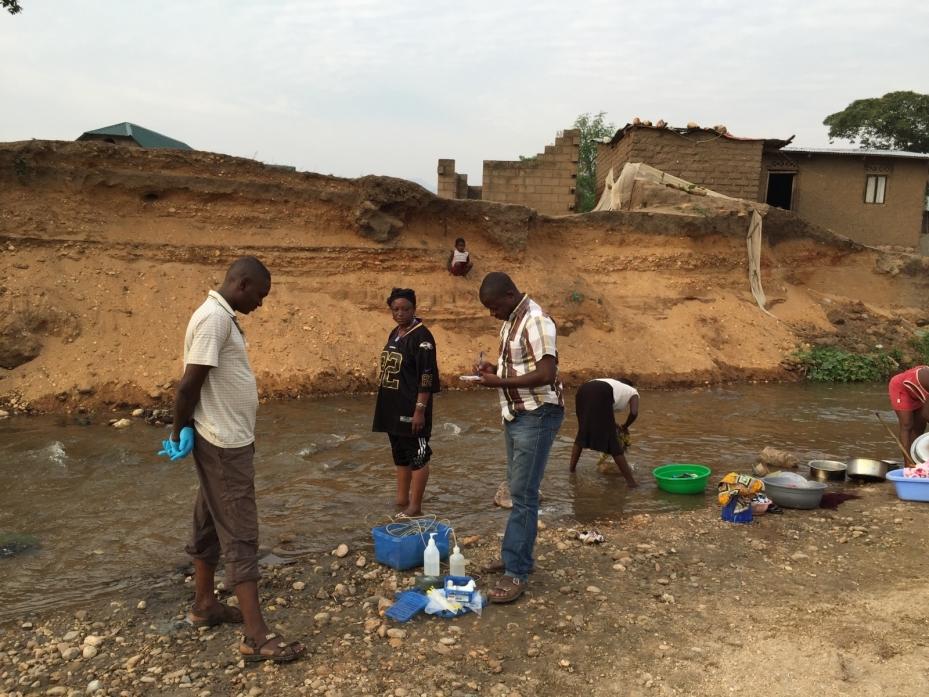
Lack of access to safe drinking water continues to be a major public health problem in many developing countries and is linked to diarrhoeal diseases. In the Democratic Republic of Congo (DRC), the decreasing number of people with access to safe drinking water in their homes has led to new cholera outbreaks. The town of Uvira, in the province of South Kivu, has been regularly identified as a hot spot for the spread of the disease to other high-risk areas.
To contain these epidemics, over the past several years a programme to refurbish the water access infrastructure has been underway in Uvira led by the Veolia Foundation, the French Development Agency and the European Union. The London School of Hygiene & Tropical Medicine (LSHTM) is the project's scientific partner. Its researchers are studying the impact of access to drinking water on the spread of diarrhoeal diseases.
Led by Aurélie Jeandron, they are the authors of a recent publication which highlights several findings. The results showed that more than 80% of households in areas closest to rivers and with limited water access are storing contaminated drinking water. Another lesson learned is that the risk of contamination associated with transporting or storing water decreases as the distance to a water tap decreases, even for households located close to a body of water.
The approach is well worth replicating and documenting in other contexts. The study contributes directly to highlighting the great importance of access to drinking water in fighting waterborne diseases.
> Access the scientific publication : Nature.

